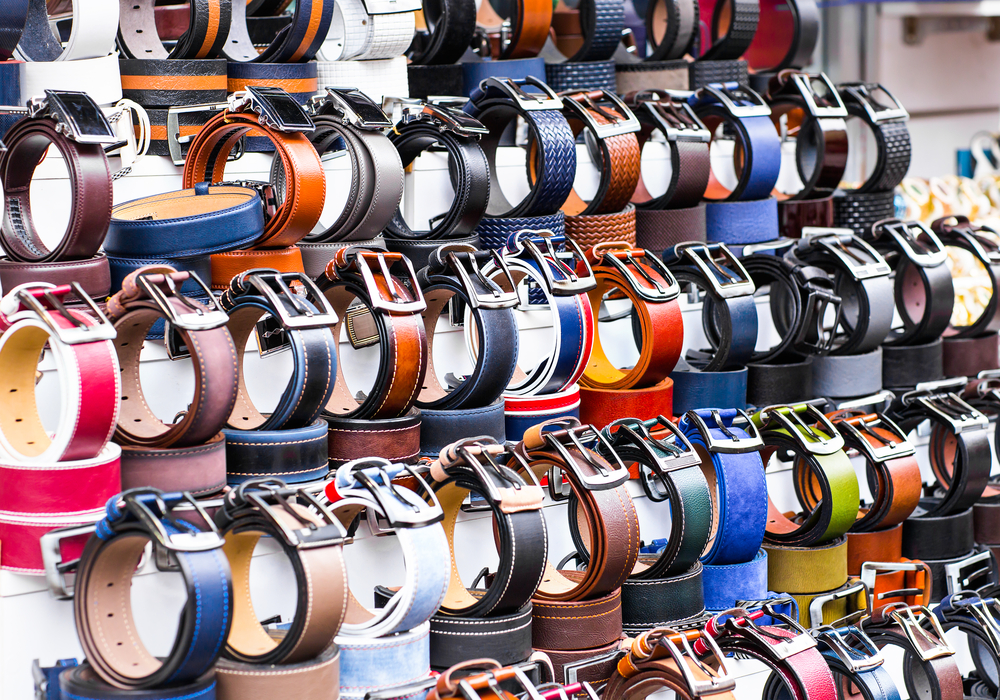
When a business purchases fake or counterfeit Australian trademarked goods from overseas. There are Australian legal instruments in place to stop these trademarked goods from entering the Australian marketplace.
The Customs Act 1901, section 183UA, section 243T, section 243U, (2) the Commerce (Trade Descriptions) Act 1905, (3) IP Australia and (4) Notice of Objections.
If a business imports fake or counterfeit trademarked goods and if the goods enter Australia via the international mail centre, the label on the outside of the box generally states that the goods are less than $1000 AUD.
- The package is x-rayed.
- The package is released.
- The package is delivered.
- The process re-occurs.
If a business imports fake or counterfeit trademarked goods and if the goods enter the country via air express carriers, general air cargo or sea freight – whether or not the goods are under or over $1000 AUD, a declaration (a communicated statement) is required to be made to the ABF). As the trademark owner has 1) a registered trademark with IP Australia and 2) a Notice of Objection (NoO) filed with the ABF, the ABF should be seizing the goods at the air express carriers depot, the air cargo terminal or at the sea freight depot.
The ABF states:
When are goods seized under the Notice of Objection Scheme
The ABF seizes goods that:
- are subject to customs control
- are covered by a valid Notice of Objection
- appear to infringe IP rights
- are intended for commercial purposes[1]
It is in my opinion that the business could be prosecuted under both section 243T and section 243U of the Customs Act 1901 [if they have imported goods both under and over $1000 AUD] as there was a statement made to the ABF.
The ABF appears to be reactive instead of pro-active in regards to stopping fake or counterfeit goods from entering the Australian marketplace.
[1] https://www.abf.gov.au/importing-exporting-and-manufacturing/importing/how-to-import/types-of-imports/intellectual-property, accessed 12 August 2023.
